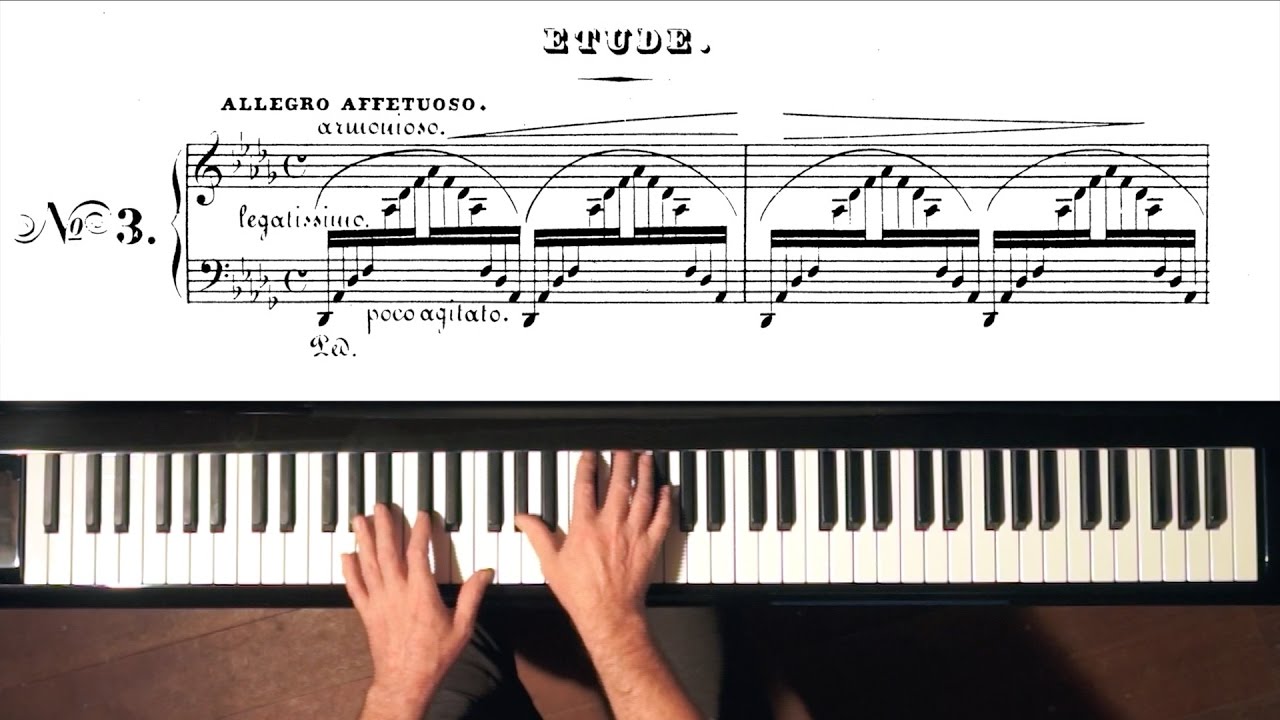The Digital Lomax Archive Provides Free Access to the Pioneering Recordings of John & Alan Lomax, Compiled Across 7 Decades
The work of ethnomusicologist father and son team John and Alan Lomax was intended to preserve the local musical cultures of the United States and regions around the world against an encroaching mass media threatening to erase them. But the thousands of Lomax recordings, films, books, articles, and other documents not only conserved regional music; they also helped transform mass culture by introducing local forms that have since become part of a global musical grammar. Lomax and his son Alan — “the man who recorded the world,” as biographer John Szwed called him — popularized folk music thirty years before Dylan recorded his first album and were among the first white listeners to recognize the genius of Robert Johnson.
Alan Lomax began traveling the country with his father in 1933. In 1939, “while doing graduate work in anthropology at Columbia University,” notes a biography at Lomax’s Association for Cultural Equity, “he produced the first of several radio series for CBS. American Folk Songs, Wellsprings of Music, and the prime-time series, Back Where I Come From, exposed national audiences to regional American music and such homegrown talents as Woody Guthrie, Lead Belly, Aunt Molly Jackson, Josh White, the Golden Gate Quartet, Burl Ives, and Pete Seeger,” who described Lomax as “more responsible than any other person for the twentieth-century folk song revival.”
Alan Lomax brought blues, flamenco, calypso, and Southern ballad singing, “all still relatively unknown genres,” to New York in the 1940s with concert series like The Midnight Special at Town Hall. “The main point of my activity,” he once said, “was… to put sound technology at the disposal of The Folk, to bring channels of communication to all sorts of artists and areas.” A performer himself, he coined the term “cultural equity” to describe this work, a means of advocating for musical cultures left behind by commercialization, the “cultural gray-out,” as he called it. From his first field recordings in 1933 to his 1993 Land Where the Blues Began, which earned a National Book Critics Award, he stayed true to that mission.
Lomax and his father’s work has been “compiled across seven decades” by the Lomax Digital Archive, which provides free and open access to “the entirety of Alan’s photographs and open-reel tape recordings — made between 1946 and 1991… as well as transcriptions of his 1940s radio programs, and a selection of clips from his film and video-work of the 1970s and 1980s.” This huge, searchable library supplements already massive Lomax collections online, such as that housed at the Association for Cultural Equity, and includes “the entire 70 hours of their Kentucky recordings and the 39 hours of Mississippi recordings,” notes a press release. “This latter material includes the first recordings of Muddy Waters, Honeyboy Edwards, and Sid Hemphill.”
Furthermore, the Lomax Digital Archive features online exhibits that “allow for thoughtful, context-rich explorations into specific aspects of the collection.” The first presentation, “Trouble Won’t Last Always,” compiles songs from a series launched during the pandemic that “speak to themes of loneliness, isolation, optimism, endurance, transcendence..,” all universal human experiences. Lomax believed, his daughter Anna Lomax Wood said, “that all cultures should be looked at on an even playing field. Not that they’re all alike. But that they should be given the same dignity.” His own dignified approach helped ensure that we could hear and learn from local historical voices from around the world even as economic and political inequities sought to silence them for good. Enter the Lomax Digital Archive here.
Related Content:
Alan Lomax’s Massive Music Archive Is Online: Features 17,000 Historic Blues & Folk Recordings
Josh Jones is a writer and musician based in Durham, NC. Follow him at @jdmagness
The Digital Lomax Archive Provides Free Access to the Pioneering Recordings of John & Alan Lomax, Compiled Across 7 Decades is a post from: Open Culture. Follow us on Facebook, Twitter, and Google Plus, or get our Daily Email. And don’t miss our big collections of Free Online Courses, Free Online Movies, Free eBooks, Free Audio Books, Free Foreign Language Lessons, and MOOCs.
, The work of ethnomusicologist father and son team John and Alan Lomax was intended to preserve the local musical cultures of the United States and regions around the world against an encroaching mass media threatening to erase them. But the thousands of Lomax recordings, films, books, articles, and other documents not only conserved regional music;
The Digital Lomax Archive Provides Free Access to the Pioneering Recordings of John & Alan Lomax, Compiled Across 7 Decades is a post from: Open Culture. Follow us on Facebook, Twitter, and Google Plus, or get our Daily Email. And don’t miss our big collections of Free Online Courses, Free Online Movies, Free eBooks, Free Audio Books, Free Foreign Language Lessons, and MOOCs.
















